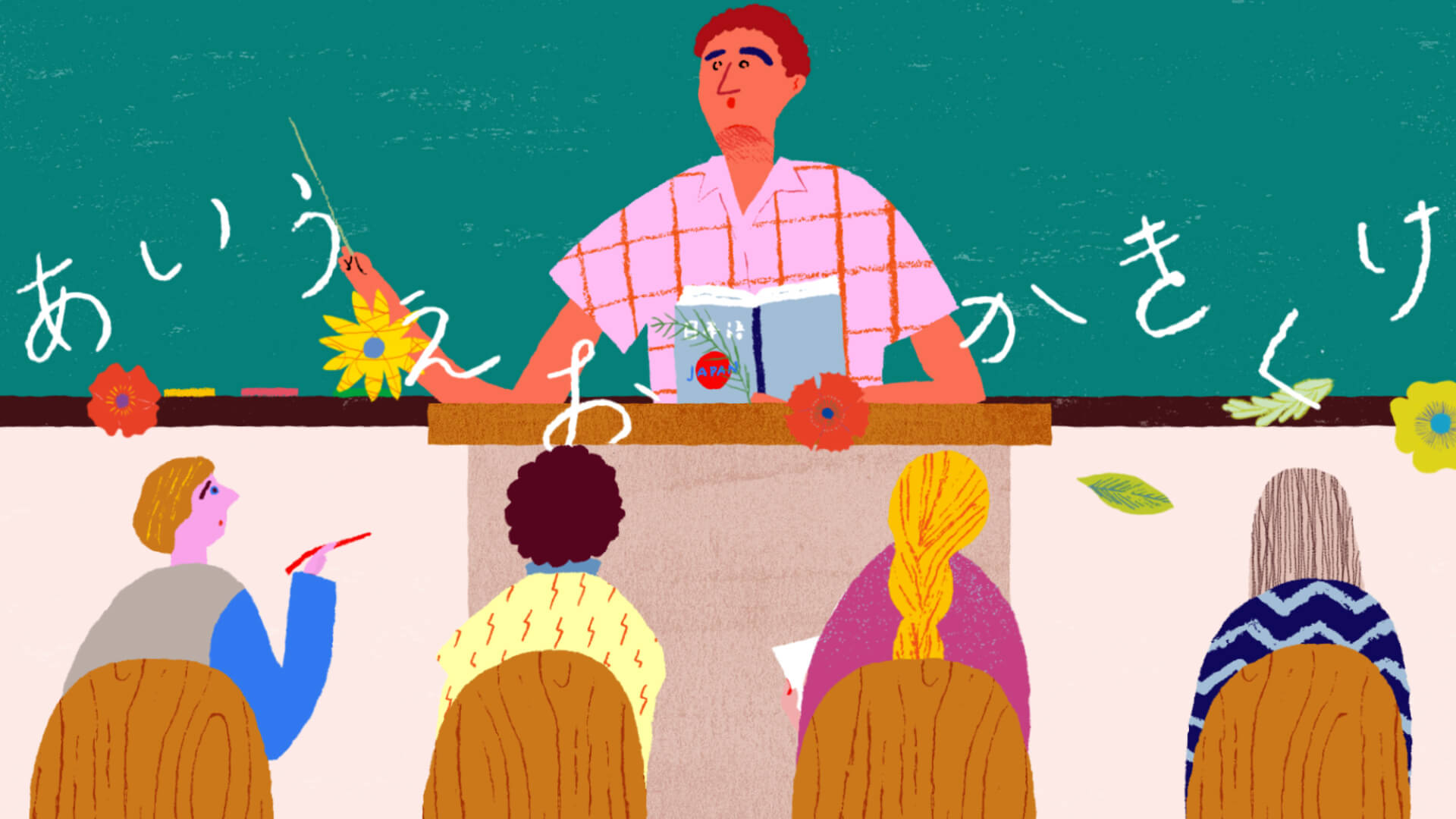Come and enjoy the spectacular World of Japanese Cinema at The Japan Foundation, New Delhi.
Theme of the Month is “Life in Post-War Japan through the eyes of a child”
Staff :
Directed by : Oguri Kohei
Screenplay by : Shigemori Takako
Photography : Ando Shohei
Art Director : Naito Akira
Music : Mori Kuroudo
Based on a novel by : Miyamoto Teru
Produced by : Kimura Motoyasu
Cast :
Itakura Nobuo : Asahara Nobutaka
Shimpei, Nobuo’s father : Tamura Takahiro
Sadako, Nobuo’s mother : Fujita Yumiko
Matsumoto Kiichi : Sakurai Minoru
Ginko, Kichi’s sister : Shibata Makiko
Shoko, their mother : Kaga Mariko
Horse-cart man : Ashiya Gannosuke
Tobacco-shop woman : Hatsune Reiko
Policeman : Kanie Keizo
SETTING: 1956
LOCATION: Osaka
SYNOPSIS:
It is 1958, eleven years after the war and Japan is in some respects still a poor and struggling country. On the other hand, Japan was also becoming relatively prosperous because of the Korean War. Near the mouth of the muddy Aji River in Osaka, there is a small restaurant along the riverbank run by a man named SHIMPEI and his young second wife. One day his son, NOBUO aged 9, makes a new friend, a boy about the same age named KIICHI. He lives with his tender-hearted sister GINKO aged 11 and their mother on a houseboat, newly moored by the river. Their mother speaks across the window wall without showing herself. NOBUO’s parents do not discourage his new friendship and tell NOBUO never to visit the boathouse. Naturally attracted towards what is forbidden, NOBUO dos not under-
stand the reason but guesses it has something to do with his new friend’s mother. SHIMPEI and his wife provide warm hospitality for KIICHI and his sister, GINKO at dinner one night. The children’s relations gradually grow more personal. One day, a stranger comes to SHIMPEI, and informs him that SHIMPEI’s former wife whom he divorced soon after the end of the war, is ill in the hospital, indeed dying, and wants to see her ex-husband’s son, NOBUO. It is an enigmatic phase of life for NOBUO.
The Tenjin Festival which every child looks forward to has come. NOBUO loses his pocket money in the midst of the festival. When KIICHI invites disheartened NOBUO to his boat to comfort him that night, NOBUO happens to see KIICHI’s mother with a- customer. The boat is a floating whore house.
She also sees NOBUO. The next morning the houseboat is no longer there. NOBUO now learns something new about life.
NOTES:
This is the first film directed by OGURI KOHEI who was born in 1945, the year the Pacific War ended. He became a free-lance assistant director, working with SHINODA MASAHIRO on “DOUBLE SUICIDE” and “HIMIKO” and with URAYAMA KIRIRO on “THE GATE OF YOUTH.” The producer, KIMURA MOTOYASU is a welcome anomaly on the Japanese film scene. Completely independent – he is the president of a small iron-working plant and with no experience in commercial films (though he is himself an enthusiastic amateur 16mm filmmaker), he has already produced two prize-winning commercial features, “THE LULLABY OF THE GOOD EARTH” and “THE LOVE SUICIDE AT SONEZAKI” both by MASUMURA YASUZO. KIMURA gave director OGURI complete artistic freedom in this film. They chose an extremely experienced staff except the composer MORI KUROUDO, the director OGURI himself and the three children, chosen after three hundred non-professionals had been auditioned. Once, the picture was completed, it had no distributor. It was shown, however, to interested critics and members of the general audience in a series of special preview screenings and the acclaim was such that, eventually, a major company, TOEI picked it up for nation-wide distribution. Finally, the picture was selected as an entry at the 1981 Moscow Film Festival where it was awarded the prestigious Silver Prize.
 Twitter
Twitter

 '
'